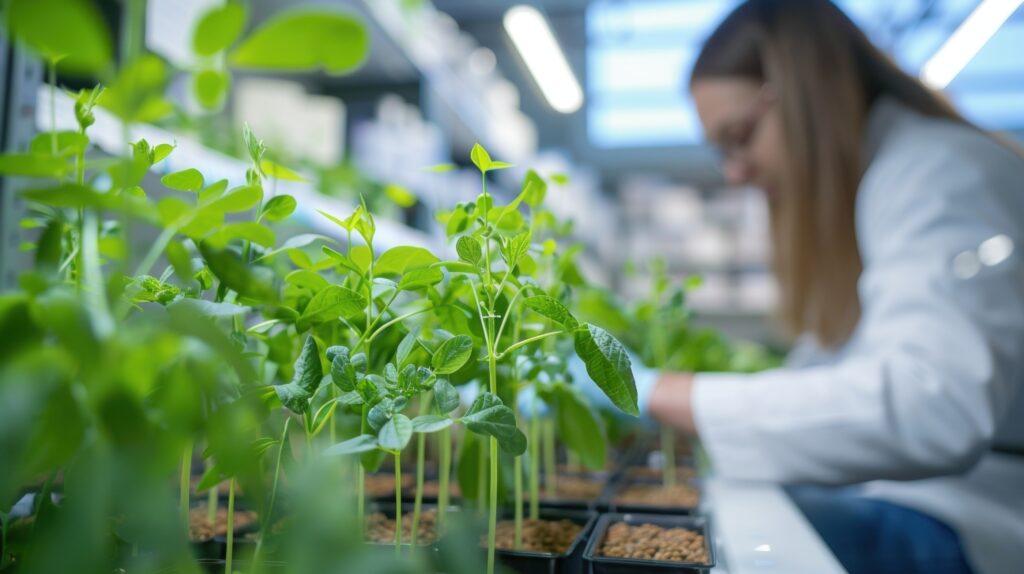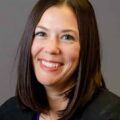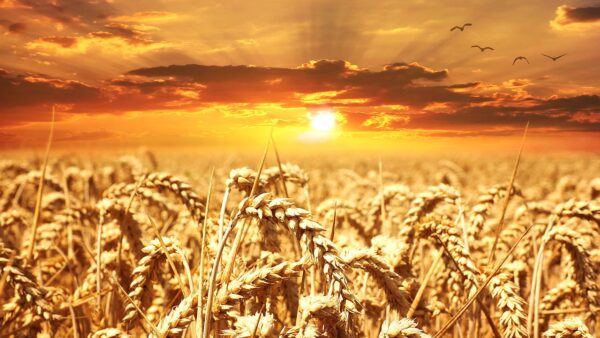Walk into any ag-focused classroom, seed testing lab, or production field, and you’re likely to hear the same thing: We’re losing people faster than we can replace them. Across the seed industry, a generation of professionals are nearing retirement — and there aren’t enough trained experts ready to step into their roles.
It’s not just a workforce issue. It’s a knowledge gap. Seed science is a highly specialized field that plays a critical role in global food security, sustainable agriculture, and economic development. And yet, it’s often overlooked in broader conversations about agricultural education and research.
The gap is also apparent in academia. As experienced seed scientists and professors retire, there’s a growing urgency to train the next generation of practitioners, educators and researchers who will prepare future professionals.
One way Iowa State University’s Seed Science Center is responding to this challenge is through its Graduate Program in Seed Technology and Business (STB). The STB program is designed with working professionals in mind, offering online flexibility and a mix of science and management courses. The courses increasingly serve as a training ground for people to become thought leaders in the field.
That matters, because without strong leadership in seed science, we risk losing institutional knowledge and stalling innovation. We need professors who can teach the next wave of seed analysts, pathologists, breeders, and business managers. We need researchers who can ask and answer the big questions around seed health, technology and policy. And we need practitioners who understand both the science and the systems that carry it to the field.
In a recent survey, nearly three-quarters of STB alumni reported a promotion or pay increase after graduation, and 96 percent said the program helped them professionally. Beyond career advancement, many spoke about the deep level of knowledge gained in all aspects of the seed industry, the importance of peer learning and networking and how pivotal this knowledge has been in their day-to-day professional lives.
The industry can’t afford to wait. Whether it’s through graduate certificates, a master’s degree, or future faculty development, we need to invest now in building that pipeline. Because at the end of the day, seed science isn’t just about plants — it’s about people. And we need more of them.









